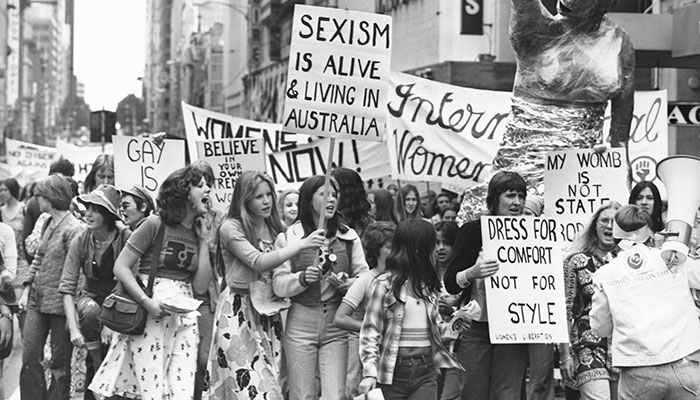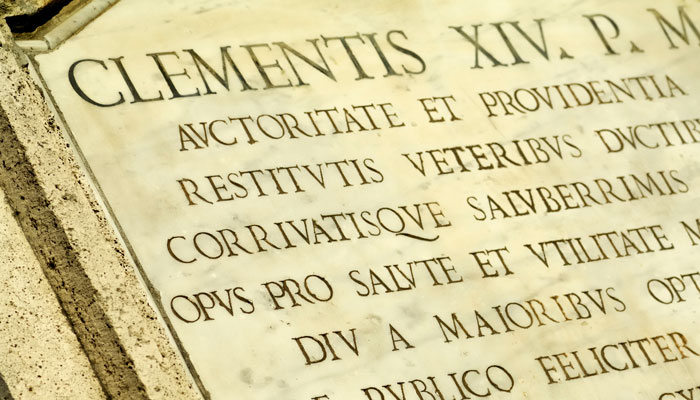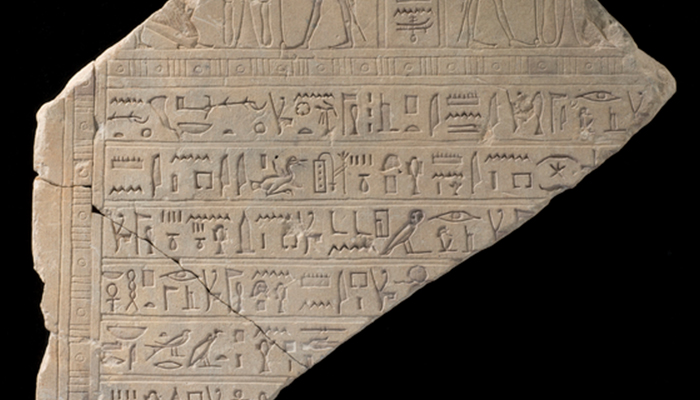A cohort of Macquarie University students will gain a rare glimpse of life around an ancient Helladic sanctuary dedicated to Hera in an ongoing archaeological project in Greece in 2023.
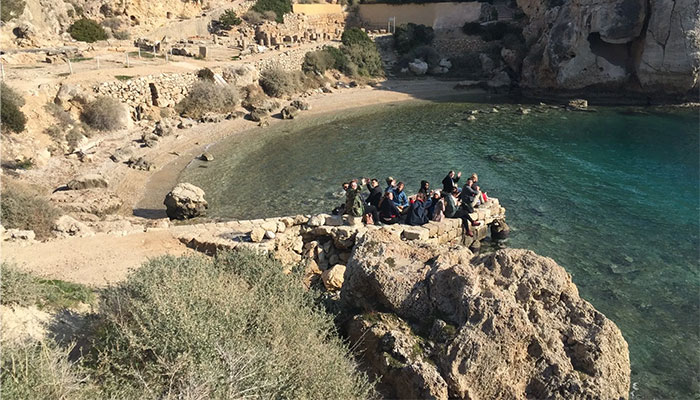
Field of dreams: The 2020 Perachora Peninsula Project survey team. Credit: Susan Lupack
Dr Susan Lupack, Senior Lecturer in Ancient History, Department of History and Archaeology, first led a group of 15 Macquarie University students to the beautiful Perachora Peninsula in Greece in 2020. Although further trips were put on hold due to COVID-19 travel restrictions, Lupack is thrilled at the prospect of returning to the region to further examine the secrets the site holds.
“Most of our archaeology students come into the program because of their fascination for the ancient world, so it’s wonderful to bring them to Greece – it’s a truly transformative experience for them,” Dr Lupack says.
“I want to give them the experience of actually being there; being involved in unearthing and revealing this part of the world they're so fascinated by, and having an active part to play in that story.”
Students spend three weeks working around the site at the Sanctuary of Hera, which was originally excavated in the 1930s, and then again in the 1960s, by the British School at Athens.
With Panagiota Kasimi, Director of Antiquities for the Corinthia, Dr Lupack co-directs the Perachora Peninsula Archaeological Project, which is taking the research at the site in new directions.
The sanctuary, dedicated to the queen of the Olympian gods, is one of the earliest sanctuaries of historical times. Dating back to the 9th century BCE, it is of great archaeological significance, something which the students who participate in the project learn about and are inspired by.
I love being in Greece and being in the field, but to give students the opportunity to be out there and part of this experience is why I do it.
The students’ work involves undertaking an intensive surface survey, collecting ceramics and stone tools, and analysing and documenting the legacy data for the area. The students also go on day trips and tours within the region, immersing themselves in local culture and connecting with the community there.
Making a difference
Dr Lupack says one of the highlights of the inaugural trip included finding a concentration of ceramics, which came from votive vessels which would have been offered in a shrine, as well as storage vessels and fine wares. Unearthing these treasures and documenting the data is a once-in-a-lifetime opportunity for students, and a highlight of their emerging careers.
“The pieces we find are stored in one of the Greek museums and if we find anything really fantastic it could be put on display. The students feel a sense of, ‘Wow, I’m really making a difference here’, and that is fantastic,” Dr Lupack says.
“I love being in Greece and being in the field, but to give students the opportunity to be out there and part of this experience is why I do it,” she says.
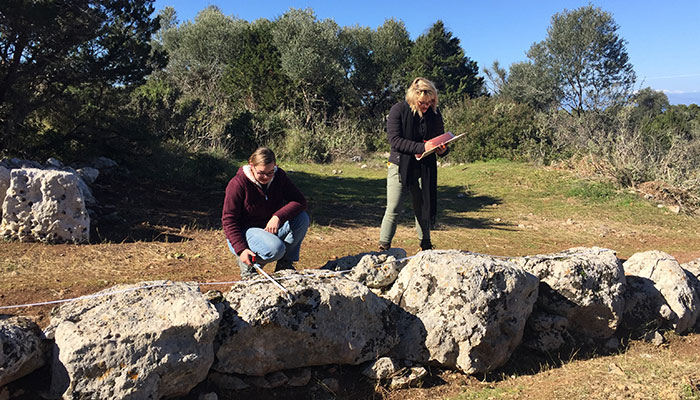
Ancient site: The fieldwork on Greece's Perachora Peninsula, pictured, gives students skills for future jobs both in Australia and overseas. Image: Susan Lupack.
Dr Lupack says the local people in Greece expressed their gratitude to those participating in the project by giving each student a gift on their last night in the village. She also mentioned that members of the Perachora Historical Society came out to help with the fieldwork.
“We cleaned the remains of one of the buildings for photogrammetry [the use of photography in surveying and mapping to produce 3D images of ancient sites], and one of the women from the Archaeological Service almost started to cry.
Toward the end of the project the Historical Society invited the group to come on a tour of the local museum, with women in the making a special tea. "That kind of connection for the group is really important, and I’m better able to embed us within the community and ensure the work we do is giving back to them,” Dr Lupack says.
It seems they certainly showed their appreciation for the work the Macquarie team was doing: “At the end of our trip they threw a party for us and had local traditional Greek dancers and a huge banquet. We’re excited to go back and they are excited for us to be back there too.”
An abundance of opportunities
The skills students learn on field trips such as the Perachora Project, and as part of their day-to-day studies at the university, set them up for an exciting and promising future.
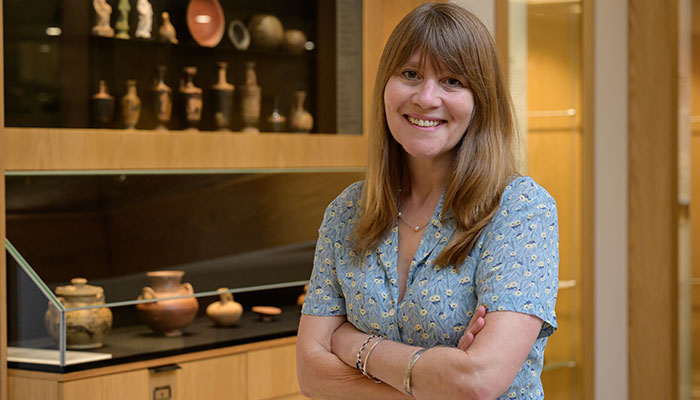
Skills: Dr Susan Lupack, pictured, will give students the opportunity to travel to Greece and contribute to academic research in mid-2023.
Students at the Department of History and Archaeology learn a wide range of hands-on skills including excavating at the on-campus archaeological dig pit, photogrammetry, 3D technologies, and how to obtain, document and analyse data.
Graduates have gone on to do varied and important work as heritage consultants, artefact registrars and archaeologists at organisations including GML Heritage, Sydney Living Museums, the Australian Museum, Penrith Fire Museum and historical societies.
“It’s important to give students the feeling they are contributing to academic research in the ancient world, but then also giving them the skills they need to get jobs and be employed in the field here,” Dr Lupack says.
Click here to read more about a Bachelor of Ancient History, and click here to learn about the Bachelor of Archaeology.
Dr Susan Lupack is a senior lecturer, Department of History and Archaeology. To enquire about the course or the trip, email Dr Susan Lupack: susan.lupack@mq.edu.au

